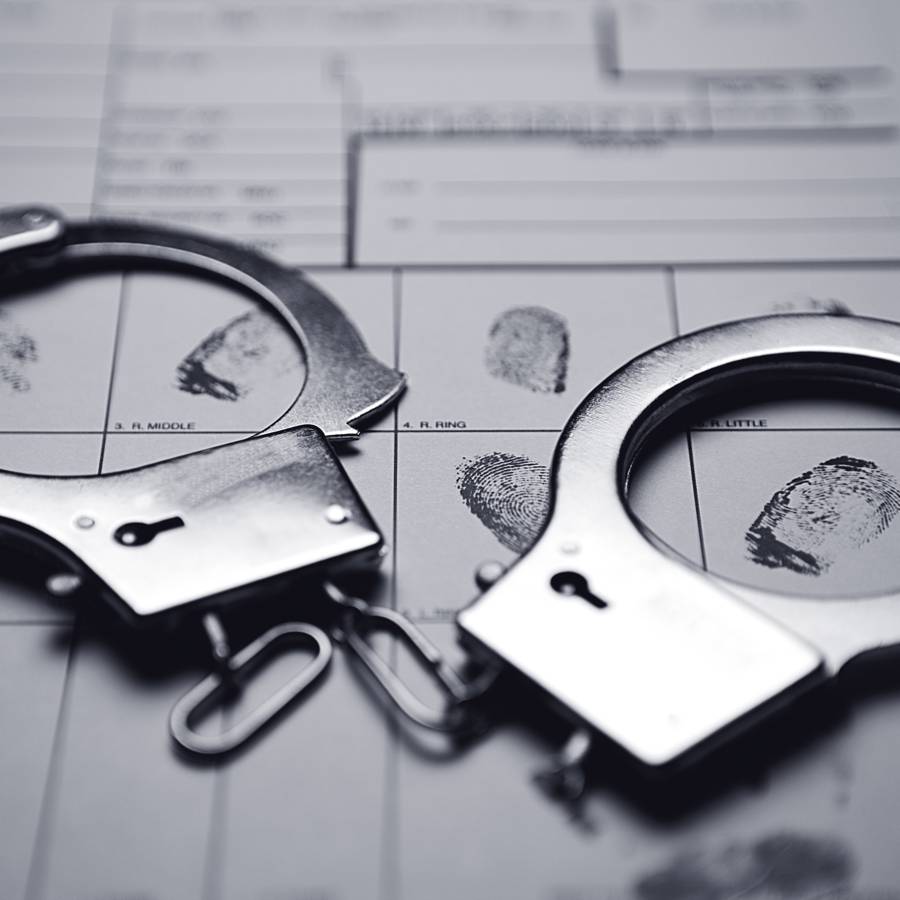
DWI

-
Experience MattersWith decades of experience, our attorneys understand New York criminal law inside and out!
-
See Our News & MediaWatch our attorneys as they are showcased in various media video clips and news stories.
-
View Our SuccessWe have taken on a variety of criminal cases and are confident to provide you with results.
-
Discuss Your SituationIf you've been accused, you don't have to face this alone. Contact us and we will help defend you.
Our Client Testimonials
-
"I strongly recommend him."Dan Hochheiser took a personal interest in my case and devoted many hours to seeing that I got the best plea bargain possible. He also went above and beyond to see that I got a placement for my community service, which was no easy task. I suspect that another lawyer would simply have left me to struggle with the situation on my own. His answers to my emails usually came within minutes, often at night or on weekends. I strongly recommend him.Former clientNew York, NY
-
"Good counseling by Daniel"Good counseling by Daniel. Very Helpful. Thanks!Mustafain
-
"Good Results and a Great Lawyer !!!!!!!"Very organized and always on top of things when I needed answers to. It was for a drug case and he went the extra mile to help me. Couldn't ask for a better result to my case than what he got for me. Even when he wasn't feeling well, he would still be helping me on my case. I would definitely recommend Mr Hochheiser to anyone else who got in trouble. His price was competitive but definitely worth it.Howard
-
"He was able to get me one of the best results I could ever hope for"This is the first time I ever needed legal representation so I was extremely nervous and wanted to do my due diligence to find someone I could trust and actually had my best interest at heart. After interviewing a number of other lawyers, Attorney Daniel Hochheiser, was the only one that I felt was a good person who made me feel comfortable and secure. He took the time to understand my case, gave me his honest thoughts about what he thought the outcome would be, and reassured me he would do what he can to attain what he thought he was capable to attain. I knew he was the right choice the moment I left his office and I couldn't be happier that I went with him. He started working on the case immediately, and his communication with me was always professional, timely, and clear. He was able to get me one of the best results I could ever hope for which is why I'm writing this review. I highly recommend him, and at the very least, he is definitely worth having a meeting with.Criminal Defense Client
-
"Good Results and a Great Lawyer!"Very organized and always on top of things when I needed answers to. It was for a drug case and he went the extra mile to help me. Couldn't ask for a better result to my case than what he got for me. Even when he wasn't feeling well, he would still be helping me on my case. I would definitely recommend Mr Hochheiser to anyone else who got in trouble. His price was competitive but definitely worth it.Howard
-
"An excellent lawyer"As a small business owner in New York City, I was recommended to Dan when I ran into some legal problems with a NYC government agency. He was terrific. He's extremely professional: smart, supportive, reassuring and very responsive. I highly recommend him.Lauren
-
"I will be recommending him to all of my contacts."Daniel did an excellent job representing us in a court case. Very professional in a not so professional court system. I will be recommending him to all of my contacts.Michael
-
"Dan's best attribute I think is that he manages expectations with his client very well."The ultimate goal in our case was to negotiate a felony charge and have it reduced to a misdemeanor. Through Dan working with and developing a relationship with the assistant district attorney, over the course of ten months, we were able to accomplish that goal. Throughout those ten months, Dan researched all avenues with which to attain this end result, and his attention to detail and follow up with us was excellent. Dan's best attribute I think is that he manages expectations with his client very well. Emotions run high in a criminal case (as they did with us), and by not promising what he could not deliver upon, he kept us at a fairly even keel. Dan also commands a presence in the courtroom with his professionalism and his knowledge, thereby giving a client the best possible chance for a positive outcome. We highly recommend Daniel Hochheiser.A Client


.2401161306289.png)
.2401161306261.png)





